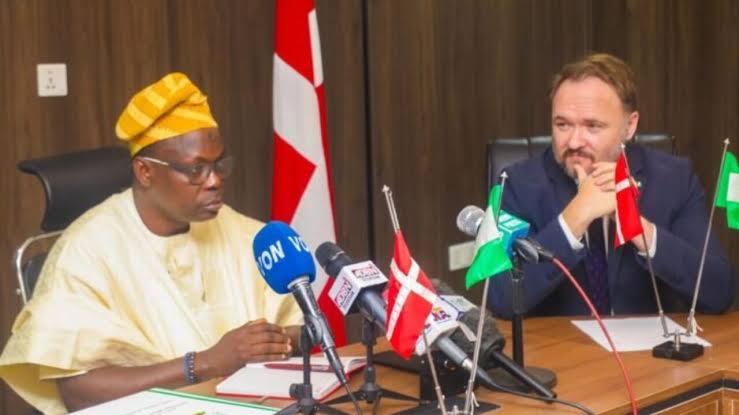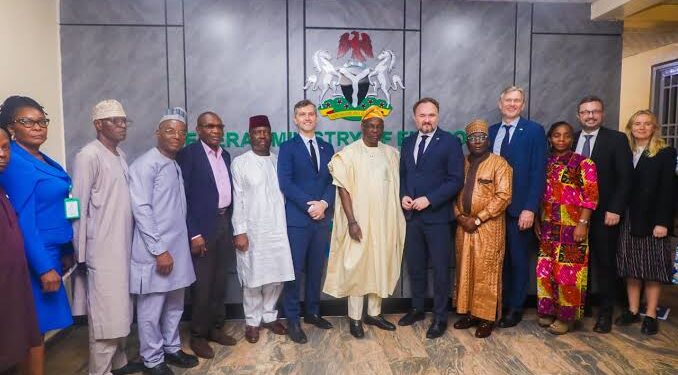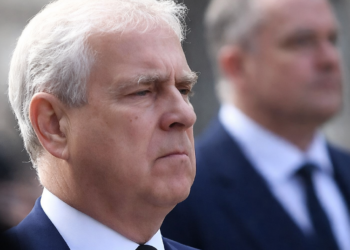Ajuri Ngelale, the Special Presidential Envoy on Climate Action (SPEC), and Tomas Anker Christensen, the Danish counterpart, have reached a consensus on a framework for real-time program monitoring related to climate action.
This was revealed by Ngelale in a report he gave on the virtual meeting that took place in Geneva and covered President Bola Tinubu’s vision for a green industrial sector as well as Nigeria’s important climate measures.
He claims that the agreed-upon next steps will boost Nigeria’s push for value chain localisation in the global south by giving de-risking capital formation priority in global climate financing debates.
Ngelale met with Diseye Isoun, the Green ICT Champion, who gave him an update on the status of decarbonising Nigeria’s telecom infrastructure and highlighted prospects for creating jobs and displacing emissions.

The partnership seeks to provide comprehensive frameworks and attainable standards for Nigeria’s climate change initiatives.
What they’re saying
“The week came to an end on Friday in Geneva, Switzerland, when I had a crucial virtual meeting with Mr. Tomas Anker Christensen, Denmark’s Special Climate Envoy, where we discussed President Bola Tinubu’s green industrial vision and other important climate action initiatives of the Federal Republic of Nigeri.
“The conversation resulted in an agreed-upon set of next steps that will play a critical role in providing a framework for real-time monitoring of climate action programmes, as well as putting de-risking capital formation at the forefront of global climate finance discussions, as Nigeria leads the campaign for value chain localisation in the global south.
“Earlier, I was briefed on Nigeria’s efforts to decarbonise its extensive network of telecoms infrastructure facilities by Green ICT Champion, Mr. Diseye Isoun, who flew into Switzerland for the discussion.
“There are very interesting emission displacement potential in the sector, which will produce job opportunities in the next months. Mr. Isoun is working hard to ensure that our frameworks are cohesive and that our goals are attainable,” Ngelale stated.
Bottom Line
Nigeria’s commitment to a green industrial sector aligns with global efforts to transition to a low-carbon economy.
Addressing the challenge of attracting climate finance is essential for developing countries like Nigeria to implement ambitious climate projects.
Also, the focus on decarbonizing the telecom sector highlights the potential for emissions reductions in unexpected areas

















